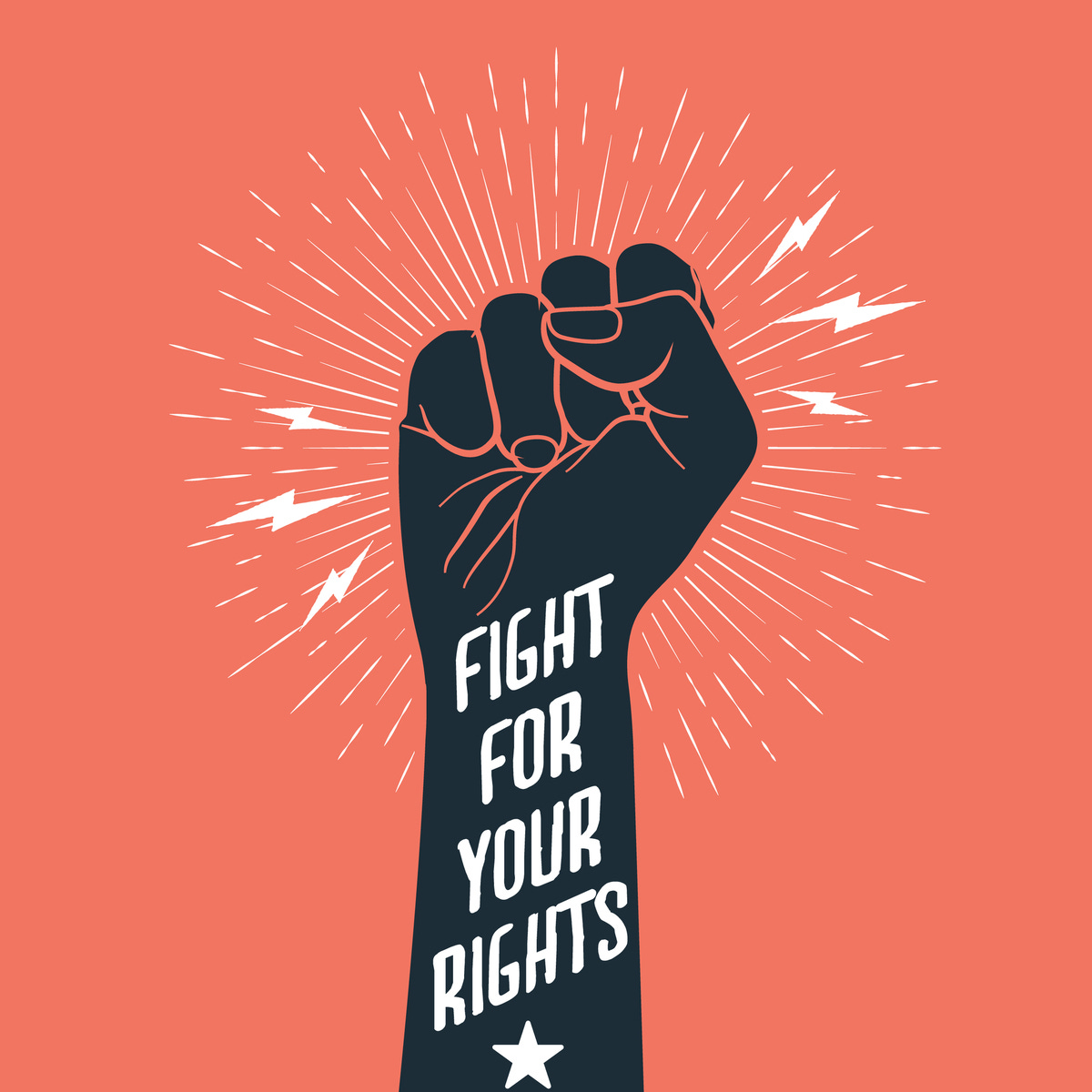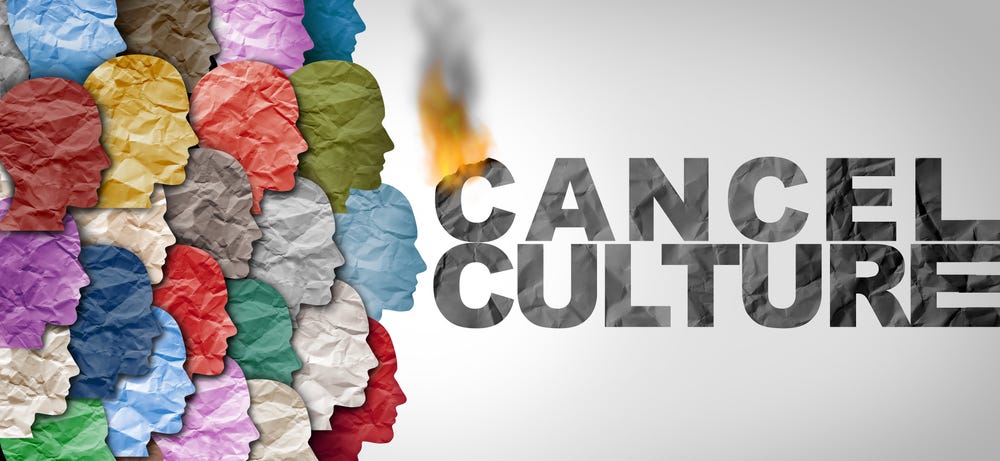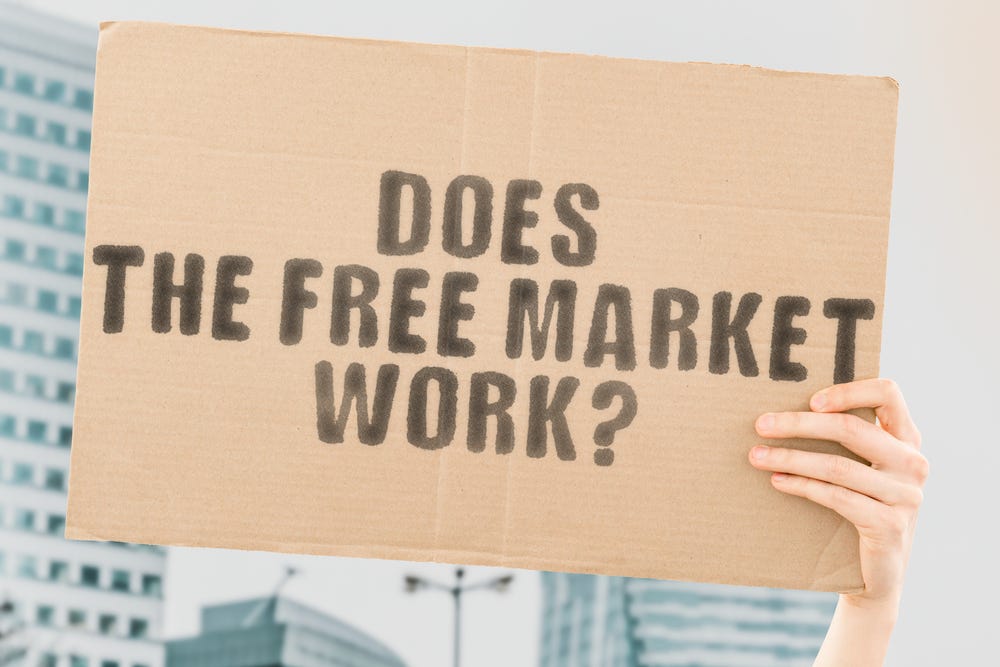E-Pluribus | October 20, 2021
The problem with "green" rights, students write about cancel culture, and why the free market alone can't preserve free speech.
A round up of the latest and best writing and musings on the rise of illiberalism in the public discourse:
James B. Meigs: A Dangerously Seductive Idea
While the concept of “rights” is fundamental in a free society, rights can also be used to restrict freedom when the net is cast too widely. The state of New York is currently considering a constitutional amendment to add a right to “clean air and water” for its citizens. James Meigs explains at City Journal why this is a bad idea.
New York’s Green Amendment is the product of a long-term progressive project. For decades, activists have worked to redefine laudable goals—such as providing health care or housing—as “rights” on a par with those enumerated in the Constitution. (“The right to clean water, air and a healthful environment should be as fundamental as a person’s right to free speech and assembly,” one group maintains.) That effort has dovetailed with the rise of the “environmental justice” movement, which reframes environmental problems as examples of racial or class discrimination. A letter to state legislators in support of the measure signed by some 70 advocacy groups states that the “Green Amendment is a powerful and important tool for combating environmental racism.” According to the New York League of Conservation Voters, which backs the proposal, the amendment would mandate “that all people must have the same degree of protection from environmental health hazards.”
[…]
The amendment’s seemingly limitless scope raises many questions. In particular, to what extent does it give private citizens standing to bring lawsuits against the government or against businesses and other parties? In legal terminology, that’s known as a direct right of action. It’s a feature of the Americans with Disabilities Act (ADA) and other laws. In theory, such provisions empower private citizens to help improve enforcement of a worthwhile law by spotting infractions and filing suits against lawbreakers. In practice, these rules (which often include financial rewards for plaintiffs) can turn into abusive free-for-alls. Some ADA plaintiffs file hundreds of suits a year. Legal experts say that the Green Amendment could give environmental plaintiffs similarly broad rights. “The proposal does not address enforcement,” the National Law Review observes, “but it is certain that private parties will attempt to use this new constitutional provision as a basis for a direct right of action to enforce state environmental laws against other private parties in state court.”
Read it all.
Various: Who Gets ‘Canceled’?
As part of its Future View feature, the Wall Street Journal solicited short essays from students on cancel culture. Below are excerpts from several of the entries.
A political landscape once built on open discourse has deteriorated into a war zone. Insularity is king and ostracism its chief weapon. Disagreement has been transformed from virtue into vice, while the preservation of fragile egos now outweighs the pursuit of progress. Worst of all, sensationalism has overthrown reason as the defining feature of contemporary society.
[…]
We all claim to hate cancel culture and call it toxic. Yet we are the ones who perpetuate it. We are the ruthless judges who declare guilty anyone who says or does something perceived as slightly offensive—even if it was an offense from a decade ago and the person has since changed.
[…]
Everyone who offends the political left can get canceled. We see it from celebrities such as Chris Pratt and J.K. Rowling, who had opinions the political left found offensive; to politicians such as Donald Trump and Nigel Farage, who have ideas and policies the political left don’t agree with; to regular people who get fired from their jobs and ostracized from civil society because they don’t want to take the vaccine.
Read it all here.
Seth Moskowitz: Commercial Interests Aren’t Enough To Save Free Speech
At times, conservatives (and libertarians to a greater degree) are accused of placing too much faith in the free market to safeguard a free society. Seth Moskowitz at Persuasion uses the Dave Chappelle/Netflix controversy to illustrate some of the potential limitations (and pitfalls) of commercial self interest in protecting freedom of expression.
Reasonable people can disagree about the content of Chappelle’s special—whether it was funny and whether he took his jokes too far. But the instinct to censor and remove any piece of art, especially one as widely popular as The Closer, is wrongheaded. Free expression is a fundamental aspect of liberal democracy. Especially in the inherently boundary-pushing arenas of art and comedy, we should embrace a culture that allows performers to take big risks—whether or not we happen to like the result.
[…]
American life has settled into a predictable pattern. As soon as the would-be censors arrive, the country’s major institutions buckle to their demands. Over the past years, TV episodes have been scrubbed from streaming services, books removed by retailers, and lectures canceled at universities. It is, by now, a welcome surprise when an institution refuses to give in to such demands.
Read the whole thing.
Around Twitter
A Massachusetts boarding school disinvited the New York Times’s Nikole Hannah-Jones from a scheduled speaking engagement and tried to put a novel twist on its decision:
For her part, Hannah-Jones doesn’t consider the cancellation a “cancellation”:
A short back and forth via Nicholas Christakis on free expression in the scientific community:
Finally, the latest in Peter Boghossian’s Woke in Plain English series:











